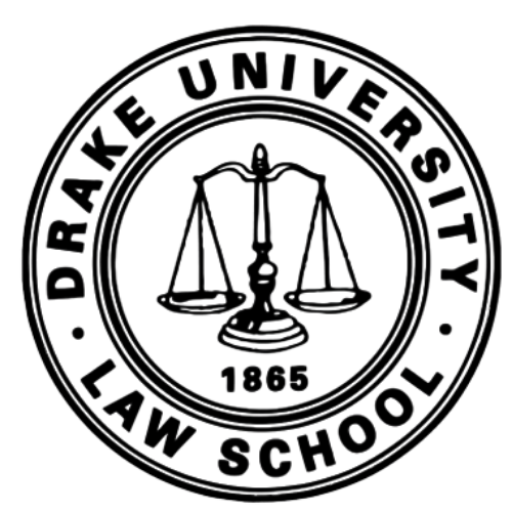Vol. 67, No. 1
ARTICLES
A Guide to Understanding the Economic Loss Doctrine.
Jeffrey L. Goodman, Daniel R. Peacock & Kevin J. Rutan
Does the Claim for Loss of Genetic Affinity Have Any Place in United States Jurisprudence?
Esther Lim Rui Hsien
Absolution for Opting Out of the Contraception Mandate: Substantial Burden Gone Awry.
Patrick J. McNulty & Joseph F. Moser
Jesse D.H. Snyder
Clark v. Board of School Directors: Reflections After 150 Years.
Earl “Marty” Martin, Russell E. Lovell, II, Robert G. Allbee, David S. Walker, Mark S. Cady, Brent Appel, Edward Mansfield, Alfredo Parrish & Johnny C. Taylor, Jr.
NOTES
Andrew Nordyke
Jackson G. O’Brien
